

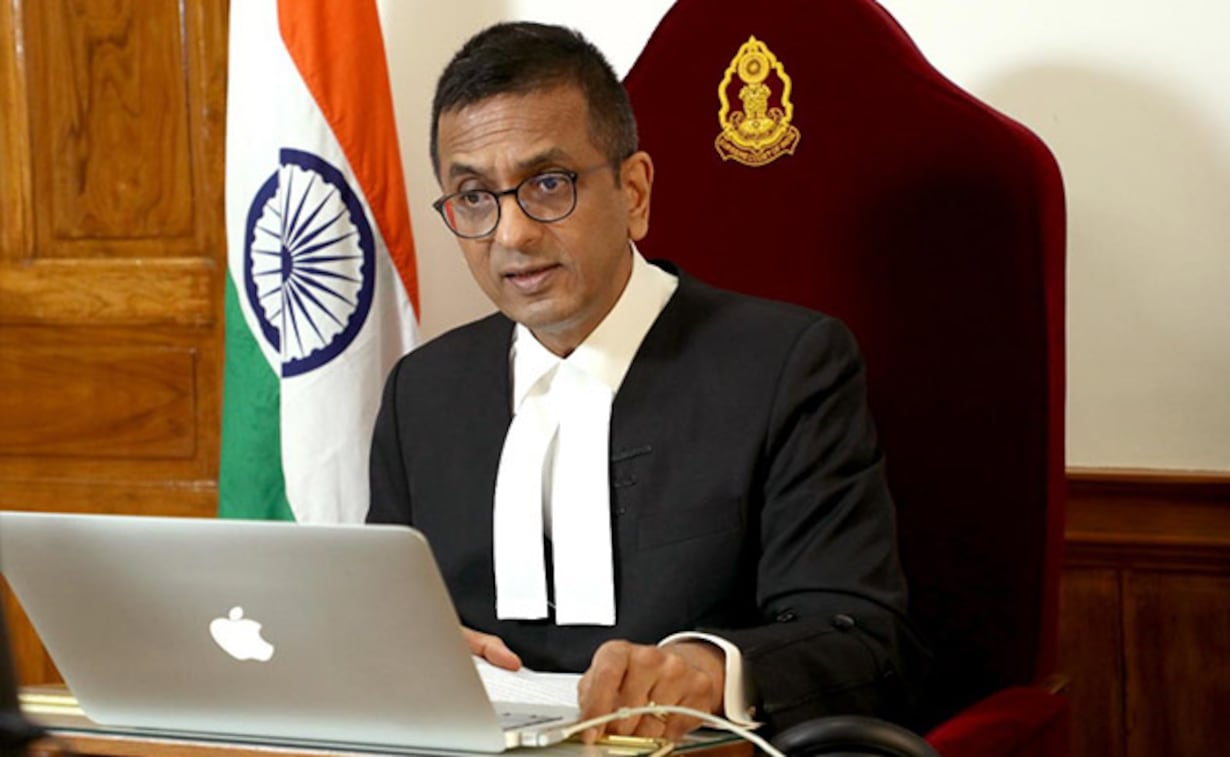
The Chief Justice of India, DY Chandrachud, addressed the controversy surrounding his earlier remark about praying to God for a solution to the Ayodhya dispute. He clarified that his faith does not affect his ability to deliver justice to people of different religions. During a recent event in his village, the CJI stated that seeking guidance from divine powers is not the job of judges and called out those who misinterpreted his statement. Chandrachud reiterated that every person has their own way of finding peace and his personal faith does not interfere with his duties as a judge.
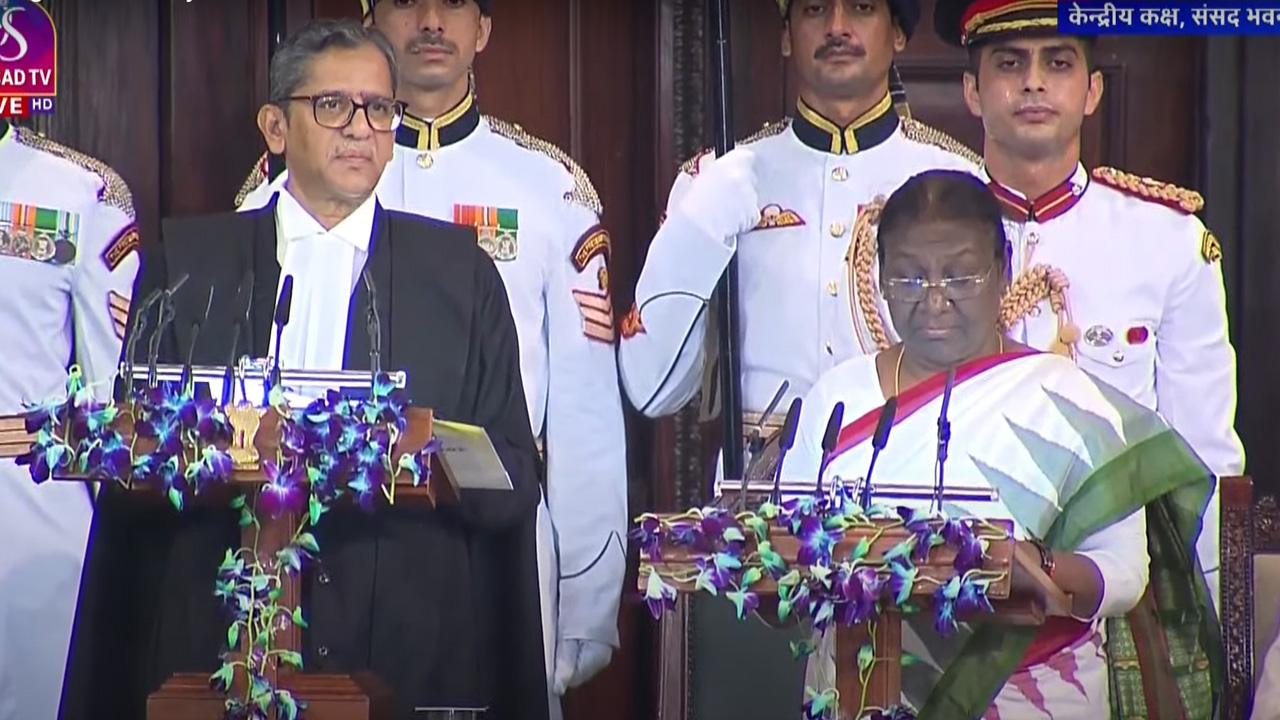
After his formal appointment by the Union government, Justice Sanjiv Khanna officially took oath as the 51st Chief Justice of India in a ceremony at Rashtrapati Bhavan. He succeeded Justice DY Chandrachud, who had recommended him as his successor in line with constitutional norms. With a distinguished four-decade long judicial career, Justice Khanna is set to serve a short six-month tenure before his retirement in May 2025.
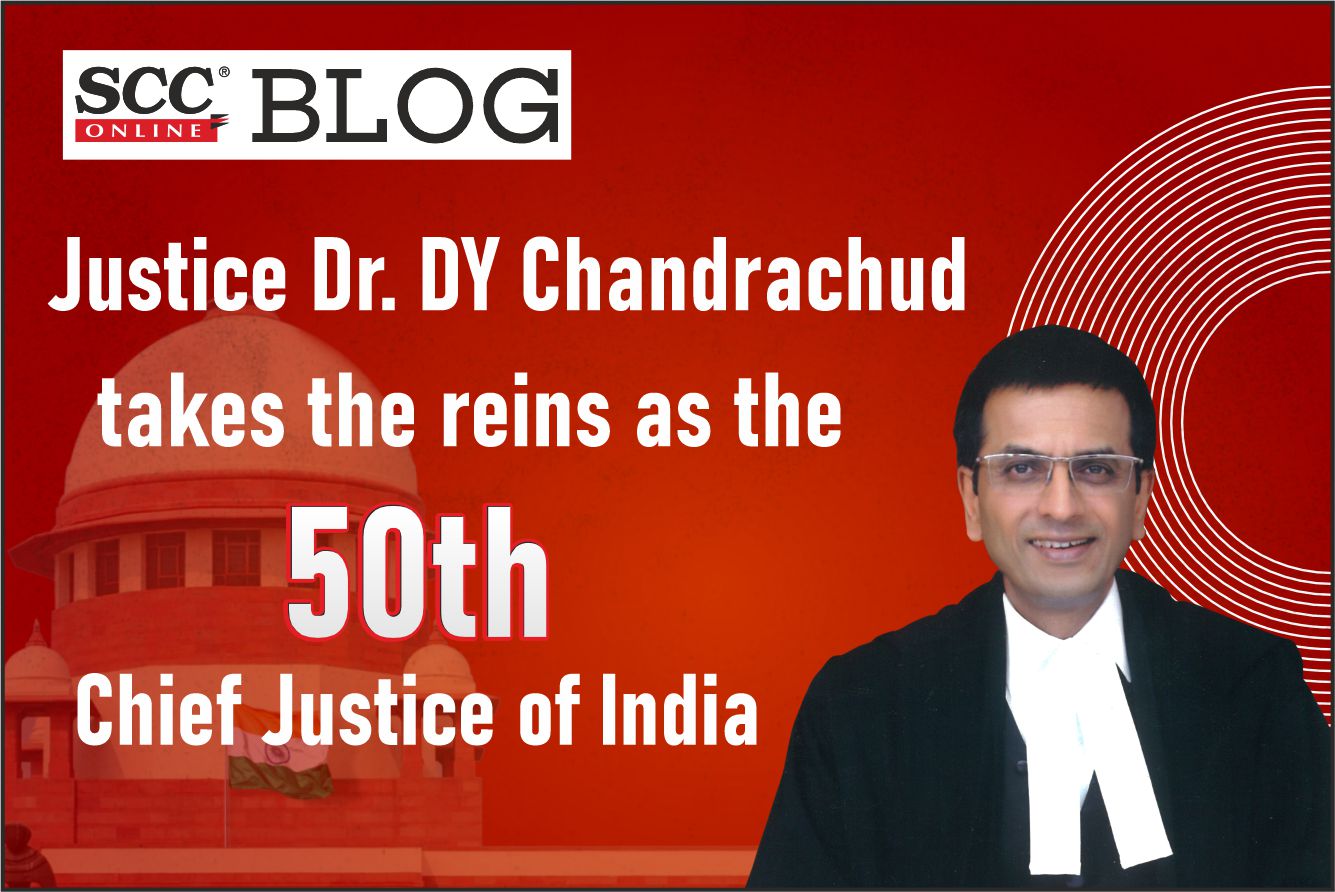
Over the years, the Indian Supreme Court has faced criticism for its increasing compliance with the government's actions, leading to perceptions of it as an illiberal institution. As the Chief Justice, Chandrachud, who was once praised for his progressive and liberal values, has not lived up to the expectations of being assertive and independent. The court's handling of politically sensitive cases, such as Article 370, the Babri Masjid dispute, and bail, has tarnished Chandrachud's previous reputation and overshadowed his earlier standing as a liberal judge. Additionally, a shocking revelation from Justice Chandrachud himself has raised concerns about the court's impartiality in the controversial Ayodhya dispute.
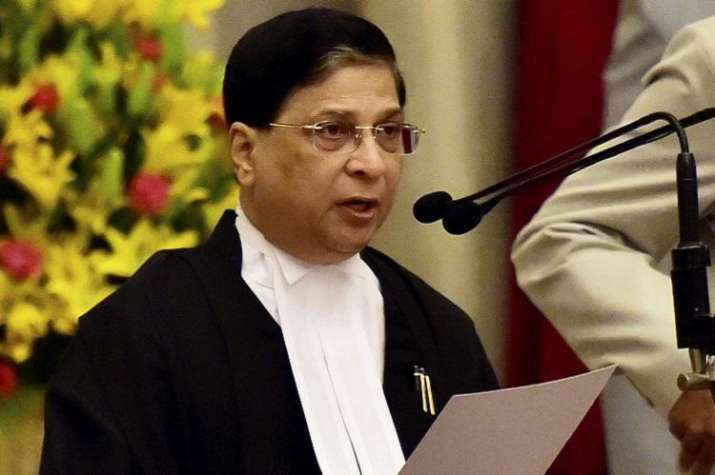
Retired Bombay High Court judge Justice RC Chavan has criticised outgoing Chief Justice of India (CJI) DY Chandrachud for prioritising public perception in his judgments. Speaking at a panel discussion to assess the CJI's tenure and judicial legacy, Justice Chavan stated that judges should not be swayed by extrajudicial concerns and voiced his disappointment in CJI Chandrachud for being preoccupied with how history will judge him. While Senior Advocate Raju Ramachandran commended the CJI for his high standards in judgment writing, he also expressed disappointment in the Ayodhya Ram Temple case decision.
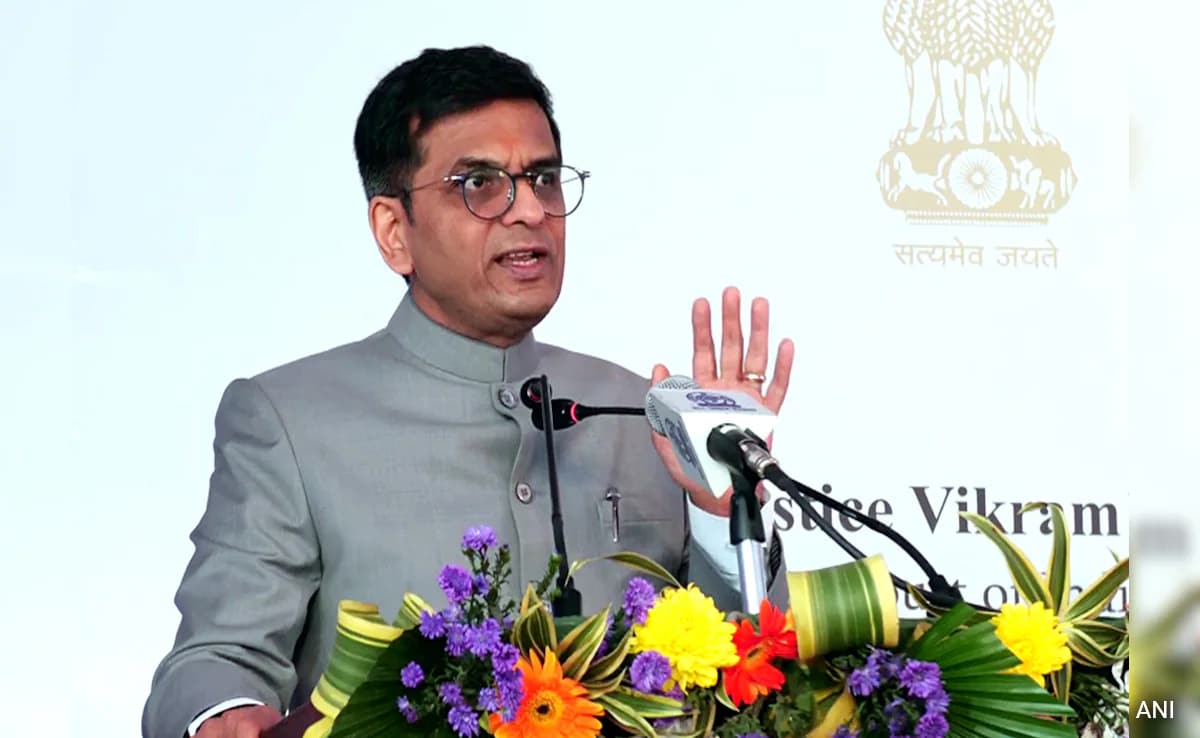
In his recent address, Chief Justice of India D.Y. Chandrachud revealed that he had prayed to God for a solution to the Ram Janmabhoomi-Babri Masjid dispute and asserted that faith can lead to a resolution. He reminisced about his involvement in the case and the significant verdict delivered back in 2019. While being felicitated in his native village, he encouraged everyone to have faith in God for finding solutions to difficult situations.
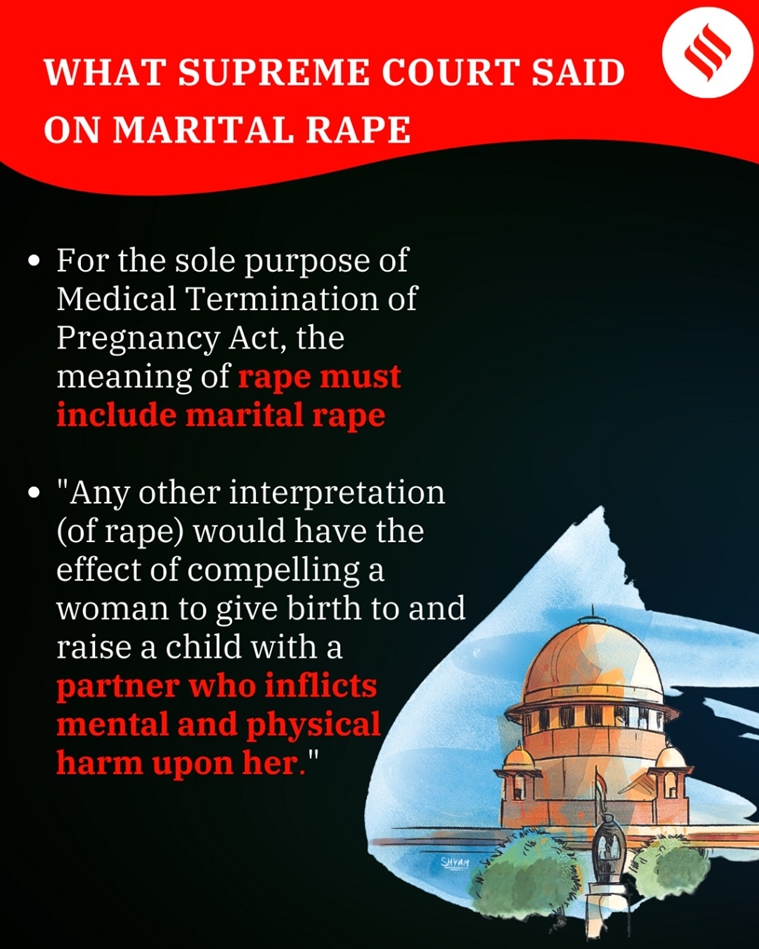
In a major development, the Supreme Court has deferred the hearing of pleas seeking to criminalize marital rape due to the impending retirement of Chief Justice of India DY Chandrachud. The bench, led by the Chief Justice himself, began hearing the matter but will not be able to complete it before his retirement on November 10, 2024. The matter will now have to be heard by another bench, causing further delay for the petitioners and sparking regret among those involved. The matter has been postponed due to the need for additional time and coordination from all parties involved in the case.
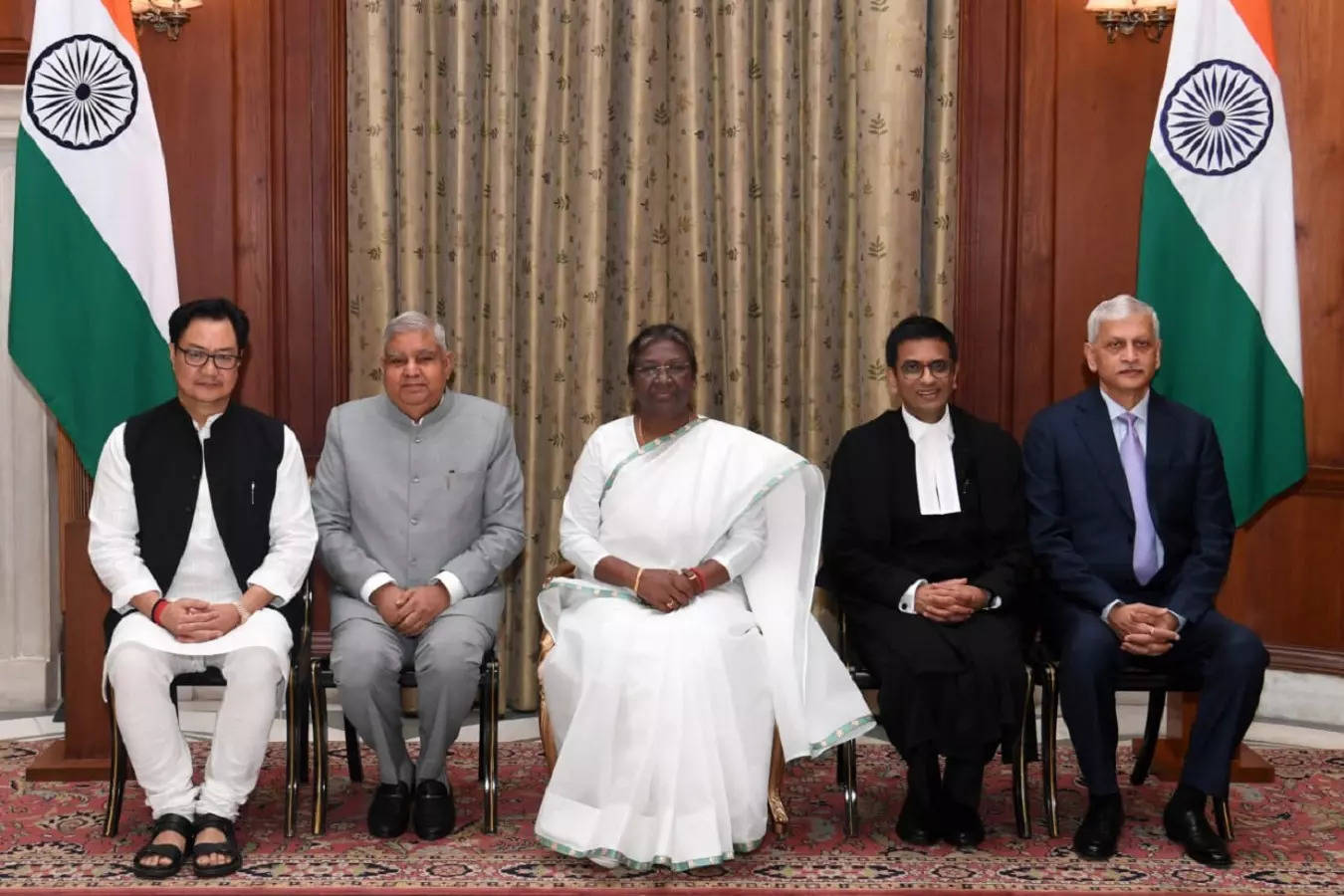
Supreme Court Chief Justice of India DY Chandrachud shared his experiences working on the controversial Ayodhya-Babri Masjid dispute case, stating that it was a difficult case to adjudicate. He revealed that he even prayed to God to help find a solution. This statement was made during his address to a gathering in a village in Khed taluka. Soon after, the 5-judge bench, led by Justice Chandrachud, delivered the verdict in November 2019, allowing the construction of a Ram Temple on the disputed site. The judge also mentioned that regular prayers and faith can lead to finding a solution in challenging cases.
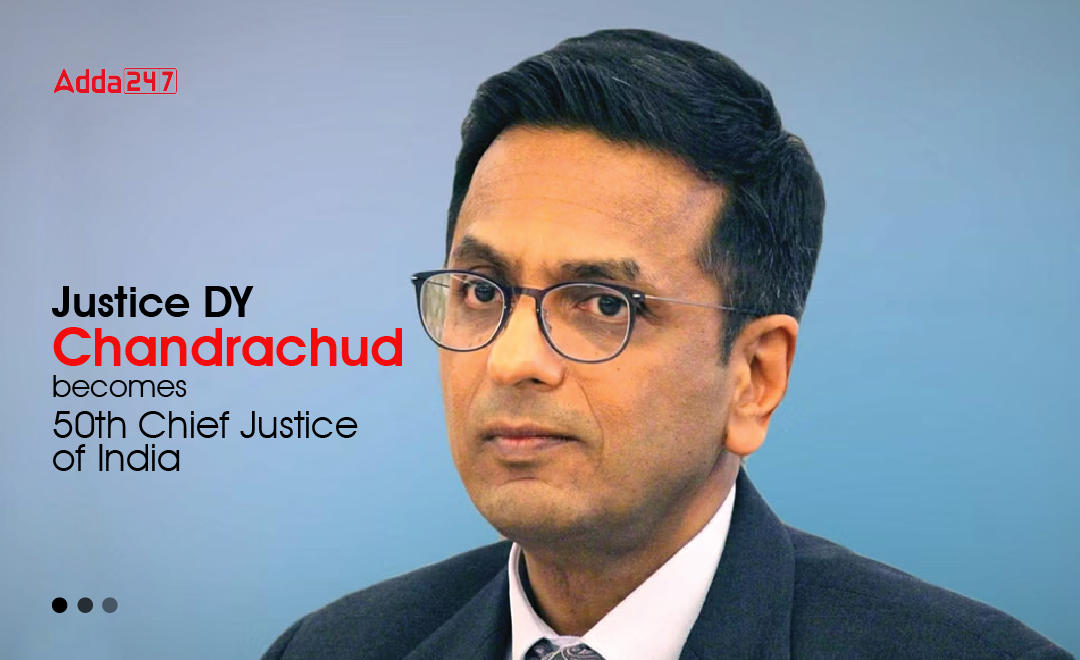
During his felicitation ceremony, Chief Justice DY Chandrachud revealed that he sought divine intervention during the proceedings of the Ayodhya dispute case. He sat before the deity and asked for a solution to the complicated matter, which was eventually resolved by the Supreme Court in November 2019. The CJI also stressed the importance of taking responsibility for the effects of climate change, which affects not only affluent societies but also the most marginalized communities.
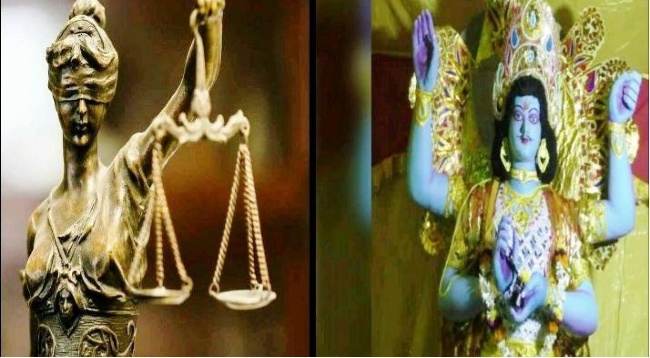
The iconic statue of Lady Justice at the Indian Supreme Court's judges' library has been reimagined to align with a more indigenous legal identity. The statue, traditionally depicted with a sword and blindfold, now holds a copy of the Indian Constitution with her eyes unveiled. This shift symbolizes a move towards fair and equal treatment for all citizens, placing emphasis on the Constitution as the foundation of justice. This change, overseen by Chief Justice of India D.Y. Chandrachud, is part of a broader effort to shed colonial symbols and traditions. Additionally, Sikkim Chief Minister Shri Prem Singh Tamang recently attended a State-Level International Labour Day celebration, marking the state's commitment to indigenous practices and traditions.
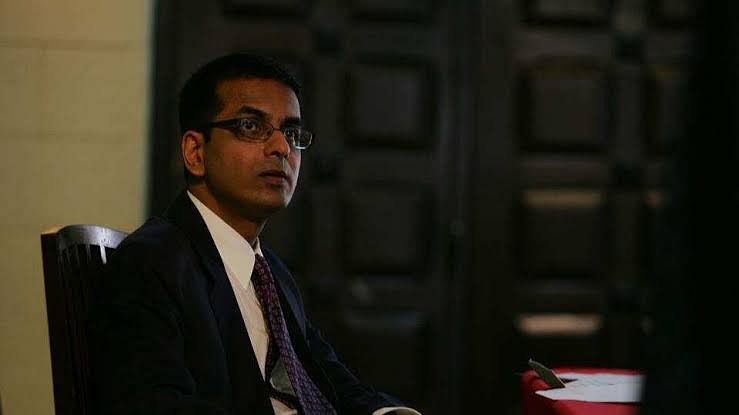
In light of the recent rape and murder case of a Kolkata doctor, Chief Justice of India DY Chandrachud noted that if conditions are not safe for women to go to work, it is a denial of their equality. He emphasized that the issue goes beyond just one case, and there needs to be a national protocol in place to ensure the safety of all doctors, especially women. The Supreme Court has proposed the formation of a national task force to establish guidelines for the protection of medical professionals and has urged protesting doctors to return to work.